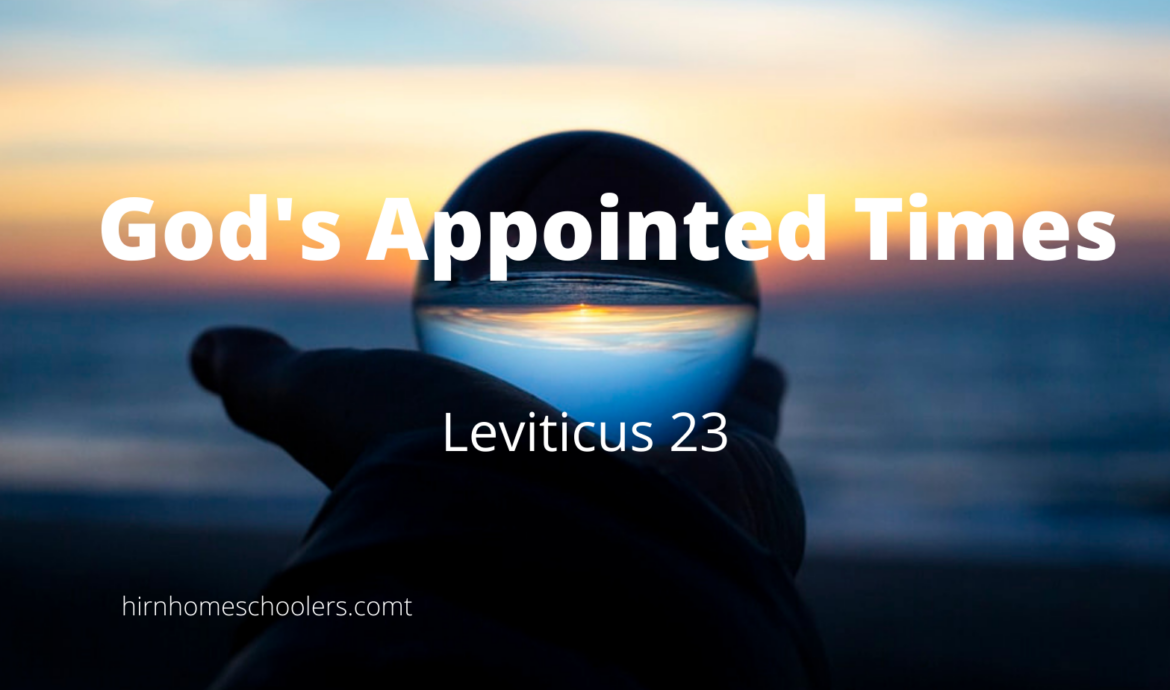
Biblical Feasts of Yehovah (NOT JEWISH HOLIDAYS)
God's Calendar and Biblical Feasts . Holidays . Popular Posts . Torah/BibleA few years ago, our family started slowing adding the observance of Yehovah’s feasts into our lives. When we first started it was so hard to know what to do. When to do it? And where to do it?

If you have no idea of what the feasts of Yehovah are, you can read Leviticus 23, or you can search the scriptures for feasts. In this post, I will be giving brief information about the feasts and sharing how our family observes each one.
Weekly Feast:
Sabbath (Seventh day of Rest)

The Spring Feasts:
Pesach (Passover)
HaMatzot (Unleavened Bread)
Yom HaBikkurim (First Fruits/Resurrection)
Shavuot (Feast of Weeks/Pentecost)

The Fall Feasts:
Yom Teruah (Feast of Trumpets)
Yom Kippur (Day of Atonement)
Sukkot (Feast of Booths)

(The Hebrew calendar is not the same as the Gregorian calendar, it is set by the cycle of the moon. Each feast is set by the moon. The Jewish calendar that is most used and observed is called the Hillel Calendar, a Jewish leader is credited with putting this calendar together over 1500 years ago based on the predictions of the moon. Many Jews and Torah Observant people also actually sight the moon each month to determine when Yehovah’s feasts will be.)

So, for this post I am going to use the Hillel dates for this coming Spring, which happen to be the actual dates for the moon sighting calendar.

Passover is on the evening of the fourteenth day of the first month of the Biblical year. The year begins when the barley is in the aviv stage of development and the sliver of the new moon is both sighted in Israel. This year Passover is April 8th. On the day of Passover, it is a preparation day. That means, you do all the work to prepare for a day of rest the following day. So, on April 8th, we will clean our house, prepare all our food for that evening and for the following day. We will do everything we can to be sure we can rest on April 9th. When evening comes we will set down and have a special scripted meal, called a Seder. It is different for every family, but the important thing is to teach our children the Passover story, and how Yehovah freed us from slavery and redeemed us.

The week of Unleavened Bread, begins on the 15th day of the first month. That is April 9th of this year, 2020. This is a week long of remembering how the Israelites fled to the wilderness and only had unleavened bread to eat. On the first day of the week, April 9th, we are to do no work and to rest and fellowship with other believers. Therefore, we will cook all our food the day before so we can rest on this day. We will gather (online this year) with other believers and worship Yehovah and praise Him for His salvation. The rest of the week we are to have no form of leaven in our homes, and not to eat any leaven. We are supposed to eat unleavened bread everyday of the week, to remind us of the leaven of sin. On the last day of the week, which will be April 15, this year, we also rest and have a time of fellowship with others. So, April 14th, is another preparation day.

Day of First Fruits is always on the Sunday following Passover. So, this year it is Sunday, April 12th, which happens to be the same day the Christian church will celebrate Christ Resurrection. It does not always happen on the same day, but often it does. This is a day for a harvest offering. Because we can not sacrifice or make offerings in this time of no temple, and not being in the Promised land, we celebrate this day with harvest feast, much like Thanksgiving. We can work in the kitchen as need to prepare for the feast, only.

There are actually three First Fruits offerings every year. The one following Passover, then the next one is exactly 50 days, or seven weeks after that, and the last one is in the fall, during Sukkot. These are the three harvest festivals of the year.
The feast of weeks, Pentecost, is 7 weeks from the First fruits offering, we are commanded to count the days to it. So, day one is Sunday, April 12th. We count each day up to Sunday, May 31st. Our family will do something fun to remember to count the days, like a paper chain or chart. This is another harvest feast, so yummy food and fun fellowship is in order. We gather with others and we don’t work on this day. It is a Sabbath rest. So, we would have a preparation day on May 30th, but because this is a Sabbath, we prepare for both days on the weekly preparation day of Friday. This feast day we are allowed to cook and clean up the kitchen for the feast, but all other work is forbidden.
 That concludes the Spring feasts. Then we have a break between feasts, until fall. These exact dates will not be determined until the moon is sighted for the seventh Biblical month. It is expected to be seen on September 18th, 2020.
That concludes the Spring feasts. Then we have a break between feasts, until fall. These exact dates will not be determined until the moon is sighted for the seventh Biblical month. It is expected to be seen on September 18th, 2020.

Feast of Trumpets, Yom Teruah, is celebrated on the first day of the seventh Biblical month, this year that is expected the night of September 18. So when the sun goes down on September 18th, we go outside and sing and worship as we watch for the new moon to be sighted. The first person to see the moon get’s a special gift (something from the dollar store). We will blow the trumpets, shofar, and shout to Yehovah. We will have a bon fire and just enjoy fellowship together with others at our house. This feast is a Sabbath, that means there is to be no ordinary work. This year this day will fall on the weekly Sabbath, I personally think that means it is doubly blessed. But that is just my opinion. Normally, if this day does not fall on a Sabbath it would be a day of rest, and my husband would take the day off following the sighted moon. This is normally NOT like the weekly Sabbath, so we can cook and clean up after ourselves on this day, just not work or cause others to work a J-O-B. (But if it falls on the weekly Sabbath, we must prepare the day before, because even cooking is forbidden on the weekly Sabbath.) We will just spend the day together playing games and celebrating the new month, a feast month. The big thing about Yom Teruah, is that it is the announcement of the month of feasts. It is a day of joy and celebration of what is to come.

The next day we observe is Day of Atonement, Yom Kippur. This is NOT a feast day. It is a somber day. It is ten days after Yom Teruah, so this year it starts at sundown at Sunday, September 27th and is all day September 28th. It is a day we focus on our sin, repentance, and redemption. We focus on Yeshua and the price He paid for our sin. It is a somber day. Many people choose to fast and pray on this day. Our family chooses to fast. We do have plain nuts, some apples, and cheese for those who can not do a full fast. This is also a good day to serve others, but it is a Sabbath and it is a full Sabbath, no cooking or work of any kind is to be done on this day. We get together with others and pray and read scripture on this day.

The next and final fall feast is called Sukkot (Feast of Booths). This is the biggest feast of the year. If you are making the switch from Catholic holidays to Feasts, this the feast that Christmas should have been. This is the big celebration of the year. It starts on the night of October 2nd and ends on October 10th. The first and last days are both Sabbath days, but you can cook and clean up after yourself, you just can’t do ordinary work, your job, or cause another to have to work. This is my favorite week of the year.

On day one, you set up your Sukkuh, a tent, a outdoor dwelling place. We put up a sort of large canopy and put branches on top of it. We decorate with fall décor, sort of like we would for Thanksgiving only outside. Then that day we will have others over and have a feast and singing and praising YHVH. We will also stay up late fellowshipping, and we will have another bon fire.
The rest of the week, days 2-7, we will go and do fun things like going to the apple orchard, visiting friends and relatives, even those who do not celebrate the feasts. We will take gifts of food to them. We will spend a day canning and doing other things we don’t have time for during our school year.
Then on the 8th, the GREAT DAY, my favorite day, we PARTY!!!!!! This is a Sabbath, so no ordinary work. This year we plan to go to our local park to have a big party with others. With food and food and food. We will sing and read scripture, we will dance and play games, We will have games and prizes, and lots and lots of celebrating. This is the day to remember that one day soon our Messiah is returning for us His Bride. This day is suppose to be a picture, shadow, of the eternal Kingdom. So go BIG or go home. This is the biggest day of the year. Think wedding reception, or Quinceanera, or something like that. For many years, my husband and I enjoyed celebrating the fourth of July. It was a big party. We saved all year for it. We bought lots and lots of fireworks, we invited 50 to 100 people each year to celebrate with us. We had food, games, prizes, fun, fellowship, worship, and more. Now, this day, the 8th Day, the Great Day, Yehovah’s feast day, is our big party day.
Someday, soon, our Savior will return and we will feast and celebrate the fall feasts with Him. So let’s practice and be well prepared for that day.
(If you would like to learn more about what the Bible says about Yehovah’s Holy days, here is a great free book. It will take you through all the scriptures on each holiday. FREE E-book Biblical Feasts by Anne Elliott
Happy Feasting!!!
Shalom

Related Posts:
Written by Katie
Things to know as you visit our site
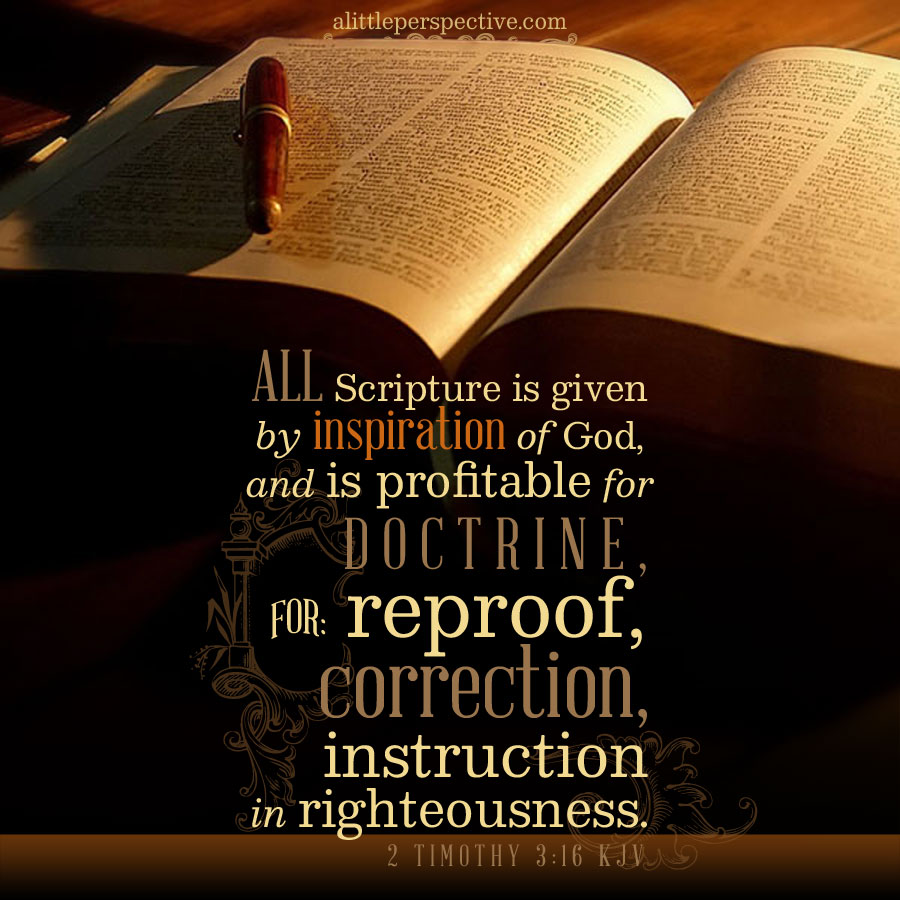 We are Bible believing, scripture only people. We love to learn about the Hebrew roots of our faith. We believe it is important to not add or subtract from the Divine Word of God. The compiled scriptures that agree with one another and have no contradiction is the 66 books of what is commonly referred to as the Christian Bible, or the Holy Bible.
We are Bible believing, scripture only people. We love to learn about the Hebrew roots of our faith. We believe it is important to not add or subtract from the Divine Word of God. The compiled scriptures that agree with one another and have no contradiction is the 66 books of what is commonly referred to as the Christian Bible, or the Holy Bible.
These writings were originally written by men inspired by God. They were written in the language of the writers and readers of the original documents. Many of the original documents have been lost, but God’s Word is eternal and remains. Therefore, it is important to us to study, learn, and consider the culture, history, and language of the original writers of the scriptures.
In our studies we have learned that the true name of God is Yehovah, and His son, our Messiah, is named Yeshua. Therefore, as you read our posts we will use the Hebrew names of God and our Messiah.
Popular Posts
- Whole Bible Believer, Torah Observant Christian
- Parenting an Adult Child that is Disrespectful and…
- Thinking on Sign on the Hand, Symbol on the Forehead
- Homeschooling Torah (my official review of the best…
- Copying the Bible (FREE Homeschool Copywork guide printable)
- What was Job’s sin? Why did God let Job suffer…
- Demons, devils, spiritual beings, real or not real???
- Christmas, a Biblical Perspective
- Fall Feast dates 2023!!! It’s Coming!!!!
- A Biblical Fast, No food No Water, Did you Know?
Categories
- 40 days of Prayers for my Husband
- Adoption
- All about Animals
- Baking
- Bible Reading Challenge
- Biblical Living
- Biblical Marriage
- Birth Stories
- Carman Family Life
- Carman Farming
- CEF (child evangelism fellowship)
- Color Thru the Bible
- Copy Work
- Danger of Homeschooling Series
- Day in the Life of a Big Family
- Dyslexic perspective
- Fall Feasts
- Family
- Family Rule Book
- For My Children
- God's Calendar and Biblical Feasts
- Gospel of Yeshua Messiah series
- Holidays
- Home Discipleship
- Home Schooling
- Homemaker
- Journey series
- Journey to Redemption
- Katie, the Cleaning Lady
- Katie's Ramblings
- Kid Posts
- Mental Health
- Name Series
- Organization (Hirn Helpers)
- Parenting
- Popular Posts
- Prayer Challenge
- Prayer Challenge for the Children
- Praying the Fruit of the Spirit
- Rachel's Writings
- Sabbath
- Spiritual Warfare
- Spring Feasts
- Ten Days of Prayer Challenge
- Torah Talk
- Torah/Bible
- Tyler's garden
- Tyler's Tidbits
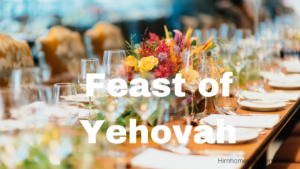

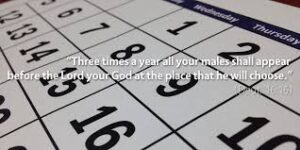
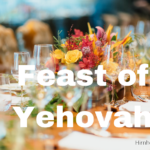
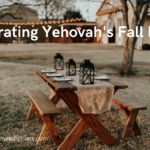

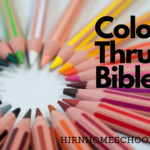
Leave a Reply